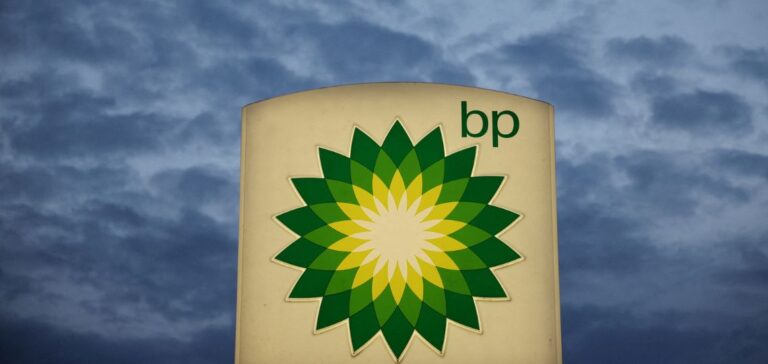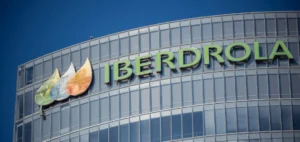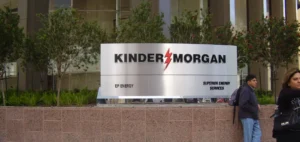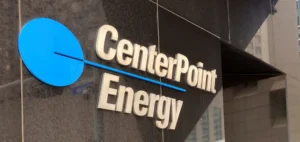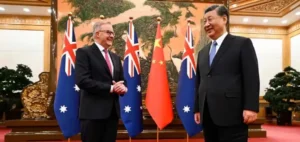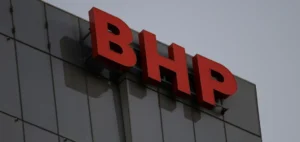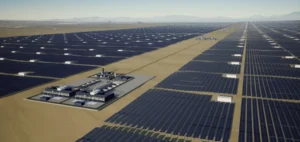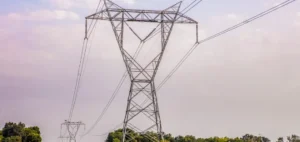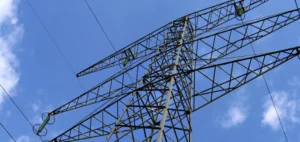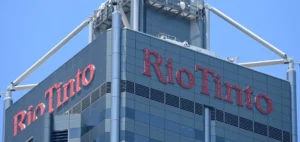British oil and gas giant BP posted a group share net profit of more than $8 billion in the first quarter compared to a historic loss a year earlier due to the decision to close its operations in Russia. The loss was then $20.4 billion.
Excluding exceptional items, adjusted profit, a benchmark measure for both the company and analysts, exceeded market expectations at $5.0 billion in the first quarter, compared with $6.2 billion a year earlier, due to the downturn in hydrocarbon prices, which had surged after Moscow’s invasion of Ukraine. Revenues were up 11% to nearly $57 billion.
CEO Bernard Looney welcomed a quarter of “solid performance” in a statement Tuesday. The exit from Rosneft resulted in a pre-tax charge of $25.5 billion, which reflects the value of the stake in the Russian group but also the loss of revenue in Russia. BP had announced a few days after the start of the Russian invasion of Ukraine that it would exit Rosneft, in which it held 19.75%.
Last week, BP won the majority of votes at its annual general meeting, despite a notable share of shareholders upset about its decision to slow down its energy transition, or its remuneration plan. BP had announced in February, on the sidelines of record results, that it intended to boost its profits by 2030 by investing more in both renewable energy and hydrocarbons, slowing the pace of its energy transition. BP “is once again celebrating massive profits while millions of people in Britain struggle with astronomical energy bills,” lamented the NGO Greenpeace.
“It’s time for the government to step in and force BP and the rest of the oil industry to start paying for the damage they are causing to the climate and use the money to address the devastating climate impact already being felt around the world.”
Production expected to decline
In the second quarter, BP “expects oil prices to remain high in response to the recent Opec+ decision to restrict production, combined with strengthening demand in China, stretching supply relative to demand,” the statement said.
Similarly, the energy giant expects European and Asian LNG prices to remain strong thanks to Chinese demand, filling of European stocks and the transition from coal to gas.”
However, the group expects refining margins to be lower than in the first quarter. BP also expects to record lower oil and gas production in the second quarter than in the first. The share was down 5% to 507 pence on the London Stock Exchange around 09:00 GMT. “BP’s latest results will do nothing to appease calls for oil majors to pay more windfall taxes on their earnings,” notes AJ Bell analyst Russ Mould, especially since the group is “generating enough cash to launch an additional share buyback” of $1.75 billion – for a total of $4.0 billion for the year.
Derren Nathan, an analyst at Hargreaves Lansdown, notes that “the market has taken the drop in earnings badly and the rest of the year could be challenging. “BP continues to invest in both fossil fuels and beyond. It remains to be seen whether the green business can generate the same level of returns,” he adds.

